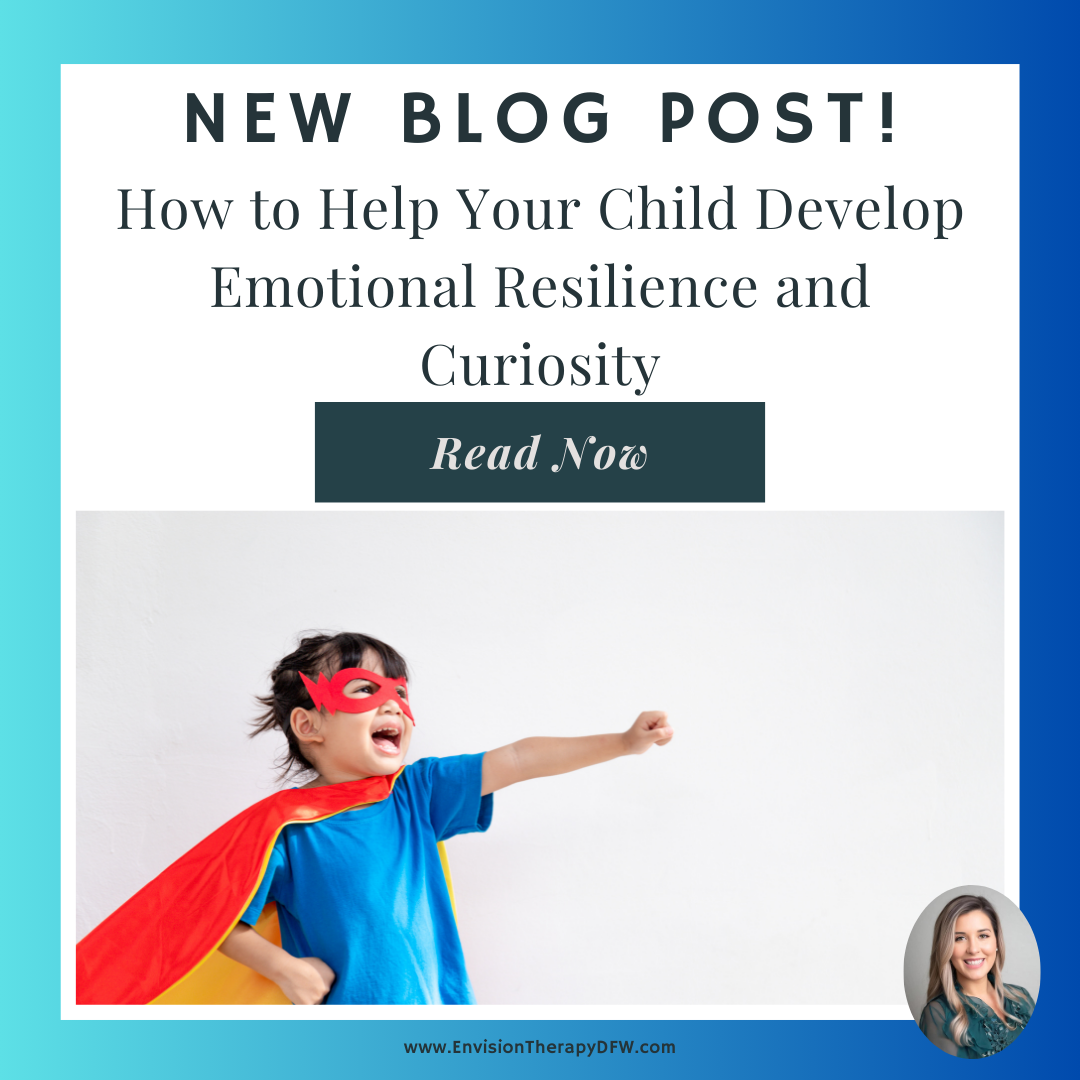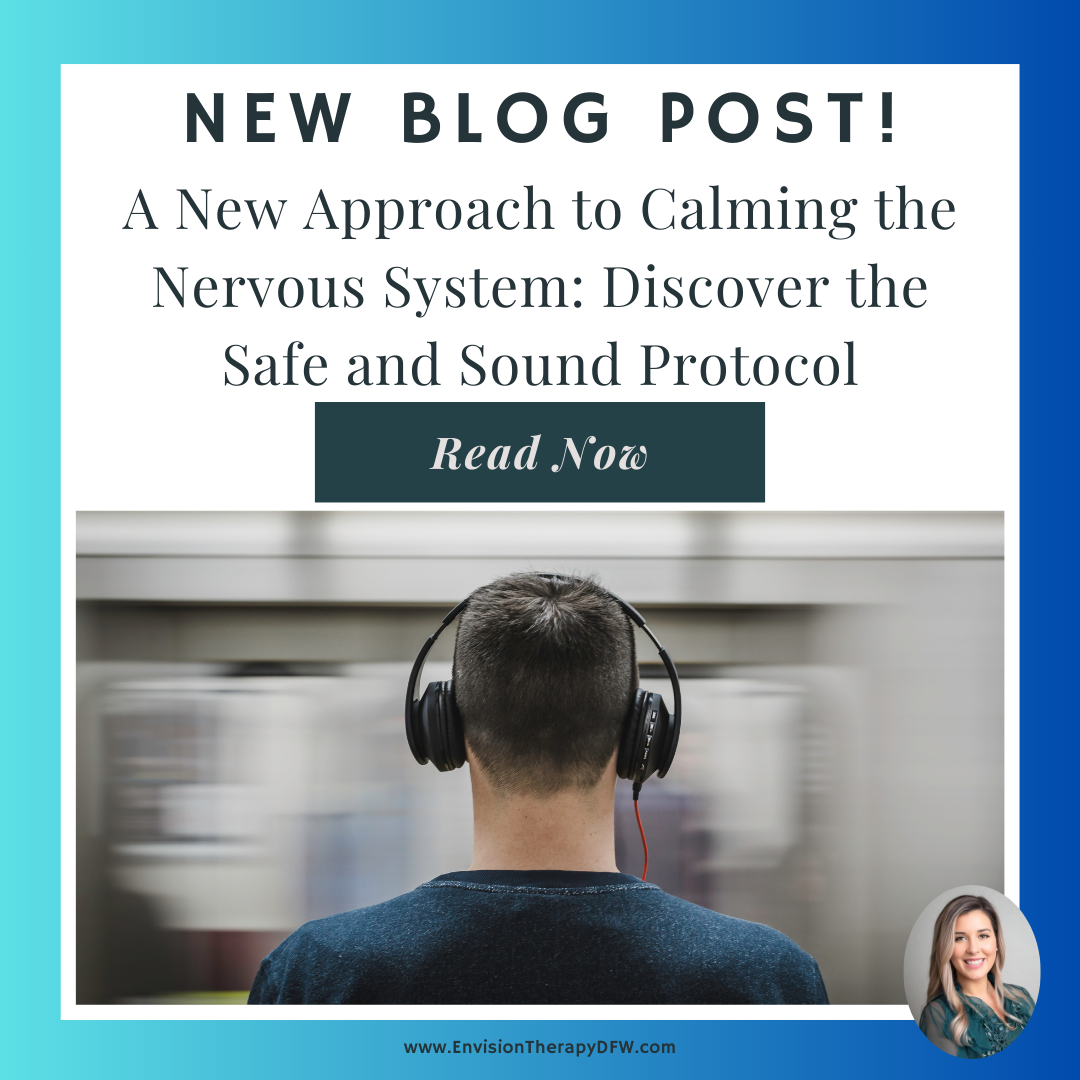-

Feeling Stressed at Work? Try These Proprioceptive Techniques
•
Proprioceptive activities, or “heavy work” exercises, are simple movements that engage your muscles and joints, helping to regulate your nervous system. At work, these exercises can boost focus, reduce stress, and alleviate restlessness or discomfort from sitting too long. Whether you’re dealing with anxiety, attention issues, or sensory overload, proprioceptive techniques like wall push-ups,…
-

What Is Multicausal Thinking? Understanding Your Tween’s Complex New Perspective
•
If your tween has started asking more “why” questions or seems to be looking at situations from more angles than before, they’ve likely entered a key stage in their emotional and cognitive growth—multicausal thinking. This is the point when children begin to understand that events, emotions, and actions often have more than one cause.…
-

Supporting Your Child’s Development: What You Need to Know About Self-Regulation
•
Self-regulation is one of the most crucial skills your baby will learn, forming the foundation for emotional resilience, focus, and curiosity. It starts with co-regulation, where caregivers help babies calm down and feel secure in their environment. As babies grow, they begin to develop their own self-soothing strategies, which is key to their emotional…
-

How to Help Your Child Develop Emotional Resilience and Curiosity
•
Self-regulation and interest in the world are the foundations of your child’s emotional and cognitive development. These skills help your child learn how to manage their emotions and stay curious about the world, which in turn fosters resilience, focus, and a love of learning. As parents, we can support this development by responding to…





